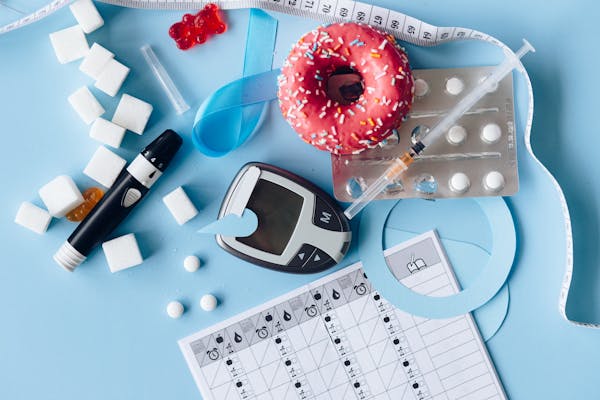4 Ways to Close the Healthcare Skills Gap

Why Is It Important To Close the Skills Gap? When you are a part of an organization, it is important that all of you have the same goals and are on the same page, hiring people who are working in the interest of the healthcare organization that you are a part of, and the differences in the skill of all of the employees could highly affect that. Here are some of the 4 ways to close the healthcare skills gap.
How Do You Close The Skills Gap?
- Gather all of the possible pieces of evidence
- You have to assess all of the scores or the grades of the learners that your employees are have earned
- Hand out self-assessment, peer assessment, and manager assessment surveys quarterly
- Do observational assessment
- Showcase their portfolios
- Go through a skills-mapping exercise
- When you are mapping your skills exercises, you could start by assessing and jolting down what you are already doing that keeps your organization effective.
- Once you have done that, you could establish an inventory for the jobs that are in your organization, this could be used as a baseline.
- Use the inventory that you have now to do a skills map.
- Make a prediction on when your employees would retire or when their contract would possibly end.
- Work with educational institutions to help develop work morale.
- Educate yourself of possible learning opportunities and create some learning experiences
- Use technology to curate all of the possible content of interest.
- When you are looking for learning opportunities, you have to remember that soft skills are slowly starting to matter more and more.
- Take every opportunity to help and collaborate with each other.
- Personalize the experiences that your employees are going to need and want to improve and cater to anyone and everyone to balance the work environment.
- You have to learn all the possible variety of tools that you could use to help your employees learn, including assessments, videos, online portfolios, webinars, and cross-trainings.
- Feel free to combine different tactics since everyone learns differently.
- Monitor all of your progress
- All of these efforts that you have done would go to waste when you are not consistent and if you do not monitor everyone’s progress.
- You could provide different dashboards of the leaders so that they are going to gain all of the needed insights that they may need and have access to the performances of their peers.
- You could also use analytics to help keep track of their learning progress.
- You have to remember that learning is an ongoing process, so you have to learn how to identify what is working and what is not working so that you can change things for the better.
What makes a good healthcare worker?
- Interpersonal skills
Since you are going to have to work with different kinds of people, you are going to have to learn to deal with them in a productive and understanding way, including doctors, fellow nurses, patients, other staff members, and the families of your patients.
- Quick response
You have to be able to think on your feet, respond quickly to situations, especially emergencies, and be prepared to face any kinds of situations that may come your way.
- Emotional stability
Being a nurse is never an easy thing, you are going to have to make sure that you enter this with one foot out the door because this is an emotional and stressful career so you have to make sure that you would not get your personal problems in the way.
- Respect
There are some regulations that you are going to have to respect, patients’ desires that you are going to have to respect, and cultures and traditions that you are going to have to know. All of these which you are going to need to respect.
- Attention to detail
As a nurse, paying attention to every detail that you are going to do is extremely important because even a small mistake would put your patient into a life-or-death situation.
- Flexibility
With the working hours that you are going to have, they might call you into work during weekends, holidays, and overnight shifts, especially if there are not enough nurses working in that specific shift.
- Communication skills
Being a healthcare worker, you are going to have to work with people all the time, socializing with your peers, patients, the patient’s family, and doctors, so you have to make sure that they understand what is happening so communication skills are a must.
- Empathy
Since you are a nurse, you are putting your needs in front of others, especially in a situation where your patients are undergoing pain and are suffering so you have to understand and care for them.
- Problem-solving skills
You are going to go through these life-or-death situations where you are going to have to work under pressure and think outside the box so that you would be able to figure out ways to help your patients without having to lean into traditional methods that may not work during this certain situation.
- Physical endurance
As a nurse, they are going to need you all over the place. You are going to have to stand for long periods of time, do the heavy lifting, and run from one patient to another. You would not get to take breaks sometimes since you are needed, and you are going to need to be okay with that.
Being a healthcare professional is never an easy job, but in a healthcare facility and hospital, knowing how to close the healthcare skill gap in your organization is extremely important for a more reliable, healthy, and productive work environment.




